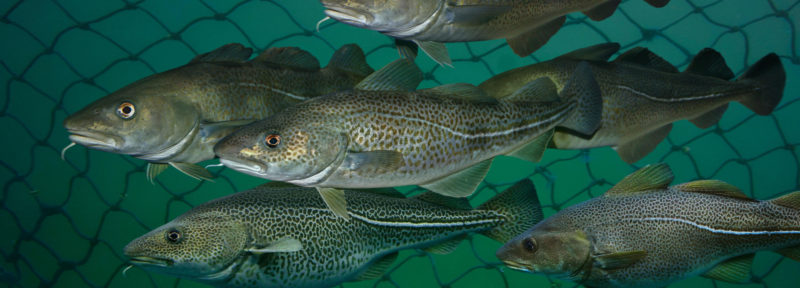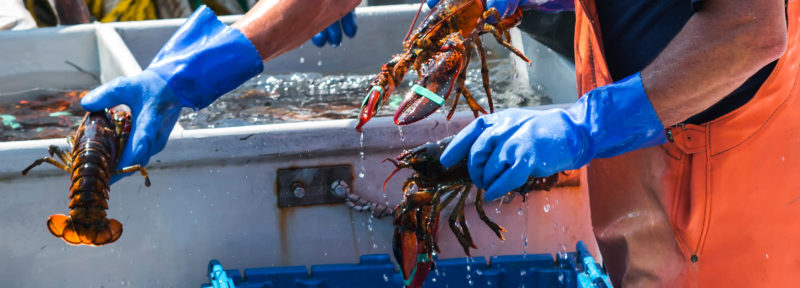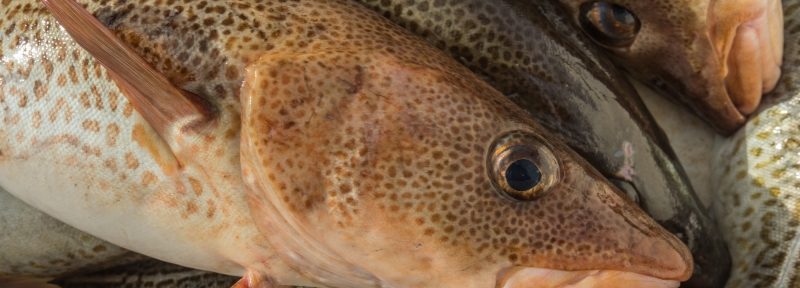Rebuilding Plan for Depleted Cod Stock Welcome, But Details Come up Short
ST. JOHN’S—Last Friday, Fisheries and Oceans Canada (DFO) released a rebuilding plan for the 3Ps cod stock. This stock, which is on the south coast of Newfoundland and Labrador and is shared with France, has been in the critical zone for nearly 25 years.
“We’re happy that DFO has met its legal responsibilities under the Fisheries Act and put out a rebuilding plan,” says Katie Schleit, Fisheries Director at Oceans North. “But we have some concerns about the ambition of the plan.”
Under the legislated Fish Stock provisions, which came into force in 2022, DFO is required to rebuild depleted fish populations and maintain major fish stocks at levels necessary to promote sustainability. Rebuilding plans are the documents that are meant to guide managers in accomplishing these objectives.
While the plan is welcome, Oceans North is concerned that the timeline and milestones are insufficiently ambitious. The plan’s overarching goal is to get the spawning stock biomass above the “limit reference point”—the number below which a stock is considered to be in critical condition. The department has given itself 25 years to reach this objective and allowed a 75 percent chance of success. Five years from now, the department hopes to achieve “positive growth trajectory” and, fifteen years from now, to reach 75 percent of the limit reference point. Given the fact that this stock has already been in the critical zone for multiple decades, incurring serious and long-lasting harm, firmer action needs to be taken.
One of the reasons the rebuilding plan frequently cites to justify its lighter measures is the socioeconomic importance of the 3Ps cod stock to fishers. However, the plan also shows that only 3 percent of Newfoundland enterprises are 100 percent dependent on the stock, and of these, the average annual cod fishing revenue is only $4,000. If the stock were able to successfully rebuild, it could potentially support more jobs and create more income while also supporting the ecosystem. While no proper analysis of the benefits of rebuilding was conducted by DFO, analysis on other stocks has shown the long-term benefits could be worth millions, even considering potential short-term losses.
At the same time, climate change is affecting the ocean and impacting fish stocks and species. The plan references these effects and acknowledges that its modelling “may not accurately capture future conditions,” potentially underestimating the impact this will have on the survival of 3Ps cod. In a changing ocean, it’s vital that managers use and integrate climate data into their decisions.
The rebuilding plan is meant to be reviewed in five years’ time, at which point the first milestone is meant to be accomplished. “The fact that we have a plan is a step forward for how we manage fisheries Canada,” Schleit says. “However, DFO needs to make sure they are balancing the benefits of a rebuilt stock properly against short-term economic concerns.”
For more information, please contact:
Alex Tesar
Communications Manager
Oceans North
[email protected]




